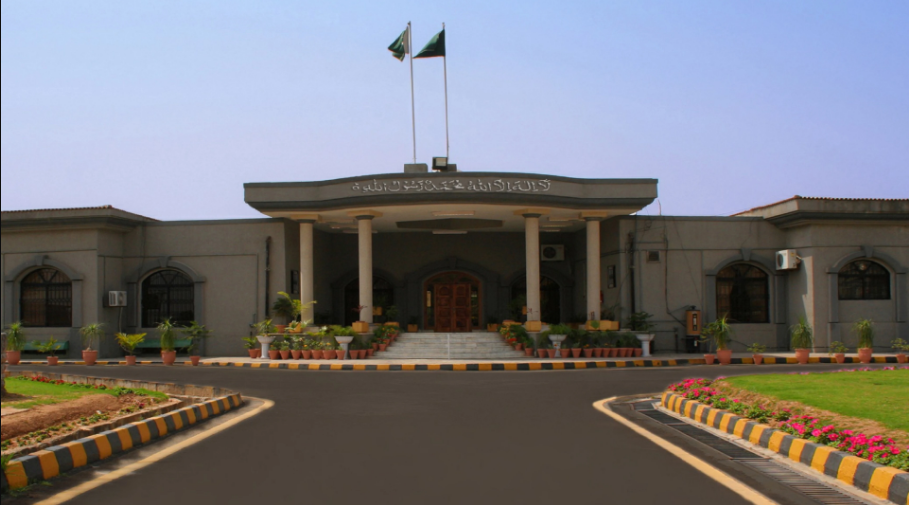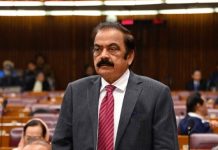By Ali Imran
ISLAMABAD: Caretaker Prime Minister Anwaar ul Haq Kakar has been summoned by the Islamabad High Court (IHC) on November 29 to personally appear before it in a case pertaining to the missing Baloch students.
The court’s orders, announced today during the hearing on the enforcement of recommendations of the aforementioned commission, came after the government failed to recover missing students. Advocate Imaan Mazari had moved the IHC on the matter.
The court subsequently ordered the government to produce the 55 missing students as per the recommendations of the Baloch Enforced Disappearance Commission.
The court has also summoned the defence and interior ministers as well as the secretaries from both ministries and has sought a report from the federal government committee within a week.
“We are sitting in Islamabad and talking about the rights of Balochistan. I’m giving [you] seven days time to ensure the implementation,” IHC Justice Mohsin Akhtar Kayani remarked.
Meanwhile, the additional attorney-general for Pakistan has requested the court not to summon the premier and ministers.
At the onset of the hearing, Justice Kayani expressed displeasure and rejected the report of the committee set up to look into the matter. It comprised three ministers and was formed by the federal government.
The one-page six-point report was submitted to the court by Assistant Attorney General for Pakistan Usman Ghuman.
The judge, however, was annoyed at the report and returned it. He later summoned Additional Attorney General Munawwar Iqbal Dogal at 11:00 am.
“This report is a matter of shame for this court,” the judge remarked. He added that the caretaker premier and interior minister should have realised that this is a matter of the Baloch students, as they, too, belong to Balochistan.
During the course of the hearing, Additional AGP Dogal appeared at the court.
The judge told Dogal that it was conducting the 21st hearing of the case and that it was earlier being heard by former IHC chief justice Athar Minallah. Justice Mohsin said that a commission was then formed following court orders and questions were put forward.
The case of enforced disappearances was then referred to the federal government with the matter being sent to the premier, he added.
The court told Dogal that PM Kakar himself should have realised the gravity of the matter and owned the missing students.
“If there was a criminal case against them [students], the government should have registered it,” he said, asking the additional AGP to read the report.
The AGP told the court that whatever the matter may be, the concerned ministry either looks into it or is referred to a sub-committee.
“The committee then shares the matter with the prime minister and the cabinet,” he said.
The judge remarked that the IHC summoned the prime minister.
“The commission included a lot of high-profile people, everything was documented,” he added, questioning why there was still no progress in the case.
“The real purpose of the commission was to recover those who are missing,” Justice Kayani said.
He added that the missing persons commission has not done any work, despite several decisions by this court.
“This is a great tragedy.”
The judge remarked that the court would do its job and ensure the implementation of its orders. “Even today, we are standing at the same place on the 21st hearing.”
It is the state’s responsibility to ensure that these people reach their homes, the court said.
Rejecting the report of the government’s committee, the court said it would issue notice to the premier, summoning him, and the relevant ministers.
The court said it is doing the job of the executive. “Should we send this matter to the United Nations? Should we dishonour our country?”



